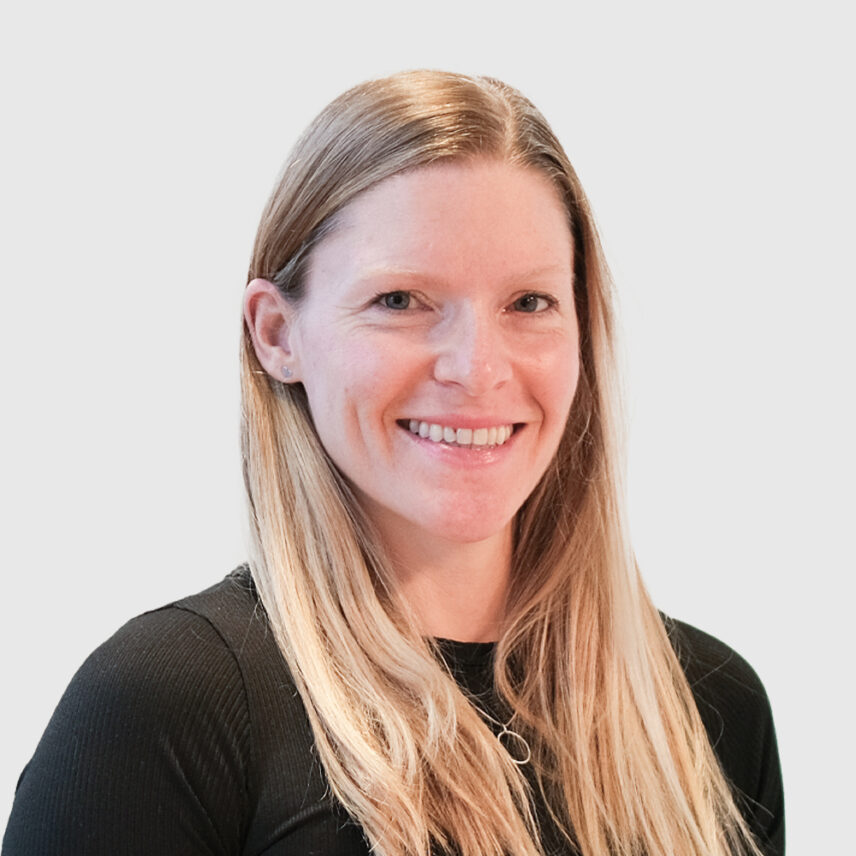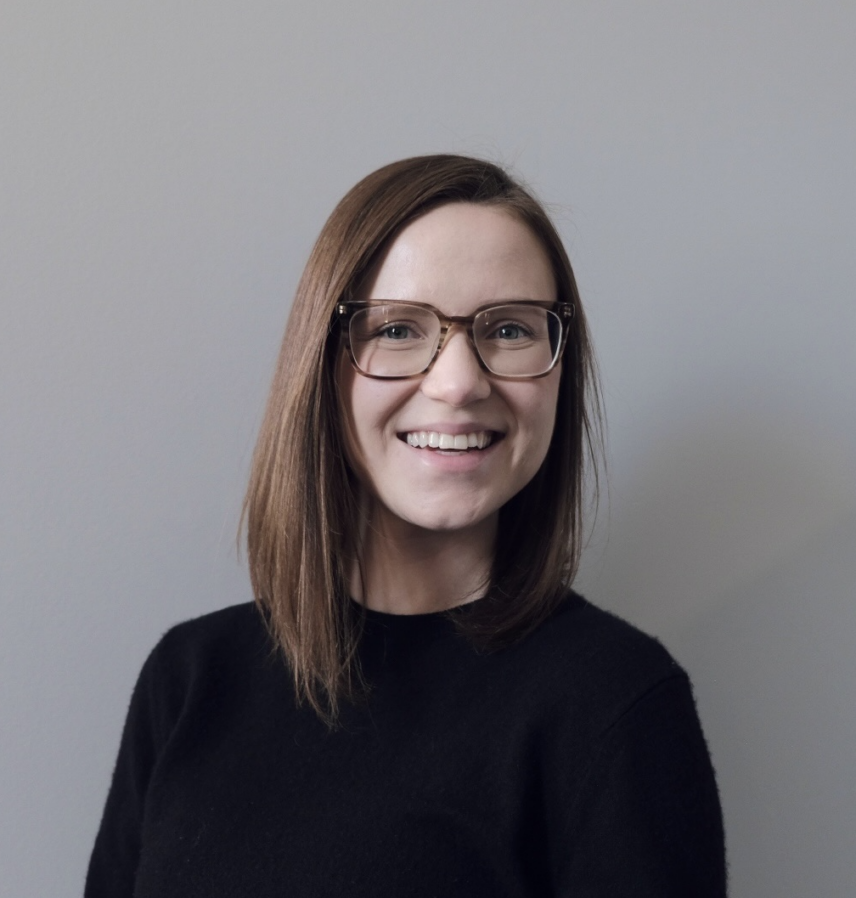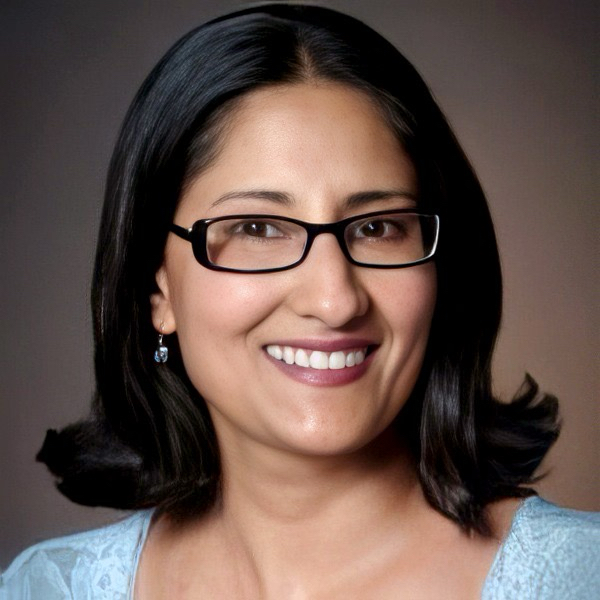Achieve a State of Balance
Chinese Medical theory states that the body is composed of 12 main meridians that regulate Qi (energy) and blood throughout the body. According to this system, irregularities in the circulation of blood and Qi lead to pain and disease, but it’s possible to treat disease and rebalance the body through acupuncture. This treatment involves inserting fine needles into specific points on the body, which are determined by the acupuncturist’s knowledge of the circulation of the body’s Qi.
Location
Downtown
Location
Selkirk Waterfront
What You Need to Know
What is acupuncture?
The goal of acupuncture is the promotion, maintenance and restoration of health and the prevention of illness. Acupuncture and Traditional Chinese Medicine come together as a powerful tool used to diagnose conditions based on the patient’s current symptoms and complaints. Traditional Chinese Medicine defines perfect health as a state of balance. It views illness, disease, and functional complaints as the result of imbalance. The key to successful treatments is to shift a patient back to a place of equilibrium.
Acupuncturists insert needles into select points on the body in order to reduce pain and promote health. Acupuncture needles are extremely thin; they range from 25-50 times thinner than a hypodermic needle. They are sterile and single-use only. Most people describe the treatments as painless and relaxing; many people even fall asleep.
Can acupuncture be used for athletes?
Yes, acupuncture has become increasingly popular in the field of sports medicine over the past decade. Treatments that combine the differential diagnosis from sports medicine and Traditional Chinese Medicine will address the current ailment as well as the root cause. These modalities join together in a treatment plan that can decrease rehabilitation time, enhance optimal performance, and create educational awareness—all while promoting health and wellbeing.
Can acupuncture help with emotional and psychological disorders?
Yes, acupuncture is a great tool to calm and rebalance the mind and body. This has been shown to be successful in conditions of stress, depression, anxiety, and insomnia.
Can acupuncture help with weight loss and digestive disorders?
Yes. Traditional Chinese Medicine views digestion and bodily functions as an integral key to how the systems of the body are functioning. Practitioners are trained to identify symptoms of imbalance within different energy systems. When these imbalances are targeted and corrected through means of diet therapy and acupuncture, patients notice benefits, such as increased energy levels, improved digestion, decreased body weight, body reshaping, and improved mental and emotional function.
Which musculoskeletal and neurological disorders can be treated with acupuncture?
Pain and neurological disorders are some of the most common reasons why patients seek acupuncture treatments. Below you will find a list of common conditions that are treated with acupuncture:
- Arthritis
- Neuralgia
- Sciatica
- Back pain
- Bursitis
- Tendonitis
- Stiff neck
- Headaches and migraines
- Stroke
- Cerebral palsy
- Sprains
- Muscle spasms
- Trigeminal neuralgia
- Bell’s palsy
Which other conditions can acupuncture help with?
- Eye, ear, nose, and throat disorders
- Circulatory disorders
- Gastrointestinal disorders
- Gynaecological/genitourinary disorders
- Immune disorders
- Addiction
- Respiratory disorders
What kinds of treatment can I receive in an acupuncture session?
- Motor Point Acupuncture: This is a Western style of acupuncture that releases spasms or chronic tension in muscles while rebooting weak and poorly functioning muscles. A motor point is the area within a muscle that requires the least amount of stimulation to cause a fasciculation, or muscle twitch. The twitch, or jump, that occurs when a motor point is needled is believed to reset the muscle spindle (sensory receptors within the muscle that indicate, via the nervous system, how long the muscle should be), when it is dysfunctional due to injury or chronic poor posture.
- Cupping: This is a Traditional Chinese Medicine technique in which glass cups are applied to the skin by way of a vacuum, which is created by lighting an alcohol-soaked cotton ball on fire. After the oxygen in the cups is burned by the flame, the cups are quickly applied to the skin, creating suction. Once applied to the affected area, the cups are believed to suck out toxins. The vacuum in the cups causes blood to collect in the affected area to support the healing process. Unlike Western massage, the suction from the cups draws the tissue up, opening and pulling it apart. This assists the lymphatic and circulatory systems, invigorates the skin, drains excess fluid and toxins, stimulates the peripheral nervous system, and releases fascial adhesions.
- Gua Sha: This is a method in which a tool, traditionally made from jade or bone, but now made from plastic, is scraped over the skin. Sha refers to the redness that is produced by this technique. Gua Sha is used to treat local pain and stagnation on the surface of the body, and is used to alleviate pain, stimulate lymph and blood circulation, and decrease local adhesion of tissue.
- Diet therapy: This involves the use of food as medicine following TCM theory. According to TCM, foods can have different properties depending on their predominant flavour (sweet, sour, salty, bitter, and pungent), temperature (cold, cool, neutral, warm, hot), and the way they are prepared (raw, steamed, fried, baked).
A healthy diet is a key aspect of healthy living. An acupuncturist trained in diet therapy will support clients in establishing healthy eating practices that take into consideration their age and constitution, the season, and the climate in which they live.
- Tui na: This is a form of massage that follows TCM principles and combines acupressure, range of motion, traction, and friction movements. It is used to help circulate the body’s defensive (wei) qi, invigorate both meridians and muscles, assist in the circulation of blood and lymph, and release both fascial and muscular tension to enhance the immune system and improve one’s overall health.
Do you do direct billing?
Yes! We directly bill most major insurance providers. Ask us if we can bill directly for you!
Is acupuncture covered by ICBC?
Yes! ICBC provides funding for acupuncture. Many patients find that acupuncture is a very useful complement to other therapies they are receiving, especially for pain and stress management after a car accident. For more information about car accident recovery and care at Fix, click here.
Book Online
Our online booking system, Jane, is convenient and easy to use, allowing you to select your desired therapist, date, time, and location.




